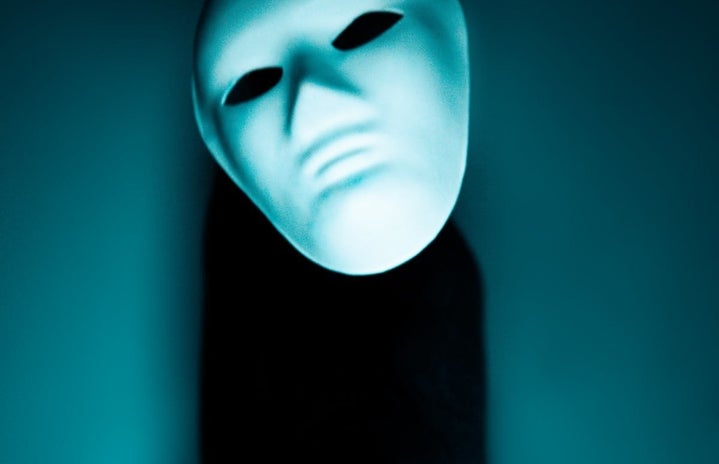Throughout my lifetime, I have been repeatedly disillusioned by the extent to which people will go to hurt one another. While attending the recent speeches for the role of the ICC (Internal Complaints Committee) student representative, I’m afraid I was disillusioned once again. My mind crumbled upon seeing the glaringly malicious nature of the anonymous questions targeted at the candidates. I never expected that the barrier of anonymity could enable people to refer to personal experiences and character traits of the candidates with the intention of making harmful, dehumanising claims about them. I especially could not fathom how these questions were asked with complete disregard for the feelings of the individuals they targeted.
This extreme lack of empathy sent me into a deep spiral, wondering how anonymity could build this seemingly invincible wall, enabling people to spew anything that popped into their minds and damaging the integrity of anyone they wanted without facing the social ostracisation that usually follows such behaviour. This is not to say that anonymity is inherently harmful, but it does embody how dangerous its misuse can be. The ICC speeches are only a needle in a haystack for cases in which a nameless, faceless human could harm someone. Think internet trolls – most comment sections are online anarchy. One throwaway comment made by some “RandomUser112″ can completely demolish a person’s dignity. An individual’s sense of self can be threatened, while the commenter is left with absolutely no repercussions. It makes perfect sense when you think about it; if you had the ability to do virtually anything without bearing any consequences, there are no bounds to the amount of damage you could cause. Consequences are what mould us into law-abiding, ethical (or somewhat ethical) individuals, and since anonymity is devoid of these consequences, it can potentially make anyone practically invincible. This massive gap in power between the anonymous question and the unwilling responder had me wishing I was never in the shoes of the candidates for the speeches. I would never be able to handle being blatantly disrespected on a public platform without having any means of justice or clarity.
The purpose of my incessant rambling isn’t to frighten you about anonymity. Neither is it to criticise the structure of such speeches, which include anonymous questions. Any expression of dissent calls for the protection of an individual, and the veil of anonymity perfectly provides that. Instead, I aim to shed light on the formidability of the speakers, having all eyes on them, being thumped with ridiculous questions and somehow still managing to remain worthwhile candidates. The act of simply stepping out of your comfort zone and risking humiliation to attain an important position is commendable and not talked about enough. Most will ignorantly remark that if you’re standing for an election, no matter what role, criticism is expected. But only a few will take all of that into account and still face the fire that awaits them. This is a way of uplifting those few. The anonymous question is a titan – an insinuation that can have you doubting your character, and the questioner is invincible, unscathed from the backlash that would have usually been hurled at them. But in all of this, the one who faces the question, the one who defends their ideals and still stands on top, is the epitome of resilience and will always be the one who has the strongest command of the room they stand in.


